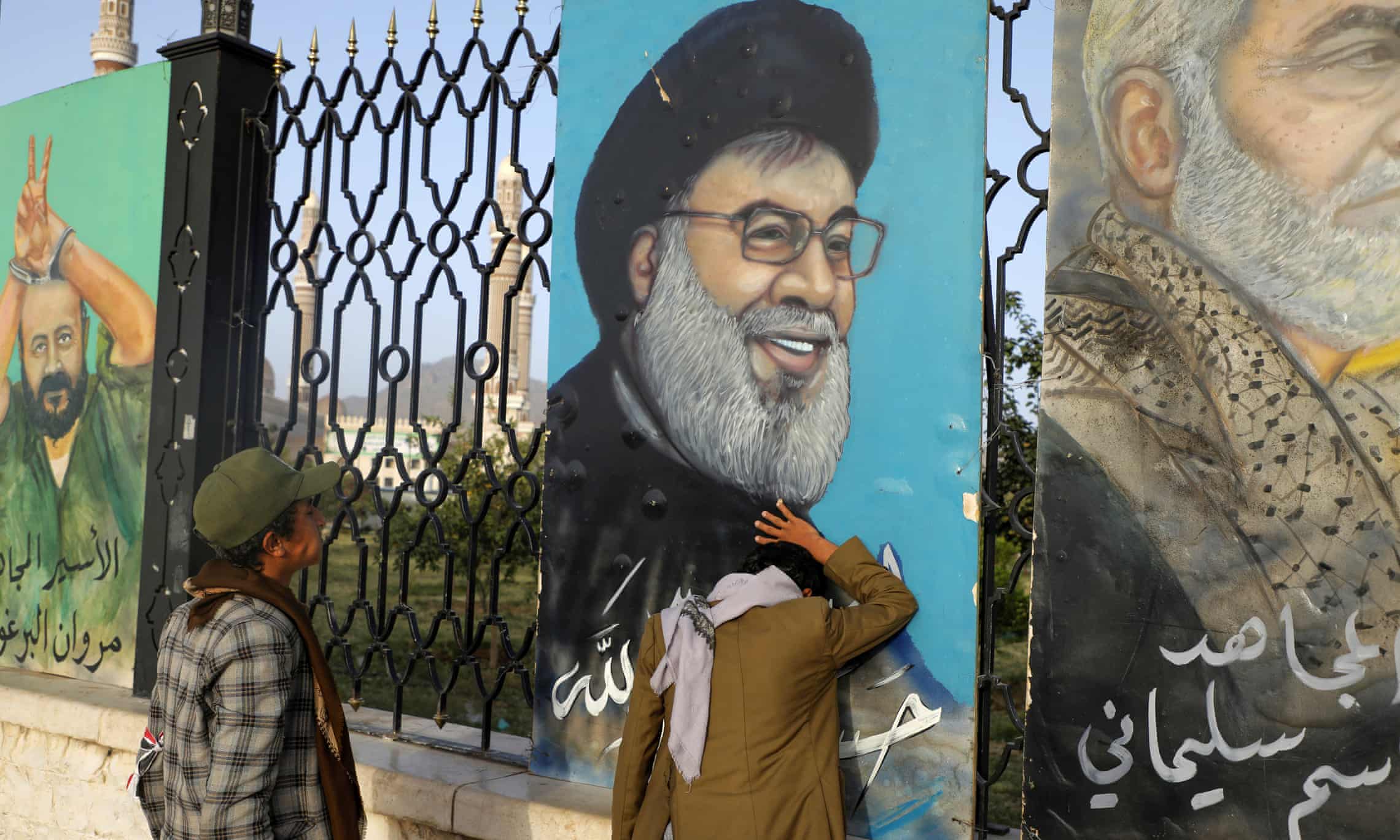
In the cables, U.S. diplomats can be found plotting ways to prevent state entities such as Gazprom from taking control of key petroleum facilities, pressing oil companies to adjust their policies to match U.S. foreign policy goals, helping U.S.-based oil companies arrange deals on favorable terms and pressing foreign governments to assist companies that are willing to do the U.S.'s bidding.
Sometimes the U.S. approach seems mystifying. An Aug. 17, 2009, secret cable from the U.S. embassy in Riyadh, Saudi Arabia, recalled how days earlier the U.S. charge d'affaires, Richard Erdman, pushed Saudi Arabian Oil Minister Ali al Naimi to get closer to China.
But there was an ulterior motive. At the time, the United States was trying to persuade China to back sanctions against Iran over the country's nuclear fuel enrichment program. The U.S. believes the program is part of an Iranian effort to develop nuclear weapons. "We wouldn't mind seeing Saudi sales replacing some of Iran's oil exports to China. This would have the welcome side impact of reducing Iranian leverage over China," Erdman told Naimi in a cable.
Naimi responded that Saudi Arabia, a bitter rival to Iran, would soon be the largest oil supplier to China, and it came to pass. In 2010, Saudi Arabia was the top oil supplier to China. Iran was third, according to the Chinese website ChinaOilWeb.
A July 30, 2009, secret cable from the U.S embassy in Riyadh recounts how Treasury Secretary Timothy Geithner, while visiting the kingdom, leaned on his Saudi counterpart, Ibrahim al Assaf, to contain rising oil prices.





 Several professors at universities around the US are facing disciplinary actions in regard to their support...
Several professors at universities around the US are facing disciplinary actions in regard to their support... Israel launched a wave of airstrikes against Houthi targets in Yemen on Sunday while continuing to...
Israel launched a wave of airstrikes against Houthi targets in Yemen on Sunday while continuing to... Less than two weeks before the presidential election, a former model has gone public with accusations...
Less than two weeks before the presidential election, a former model has gone public with accusations...






























